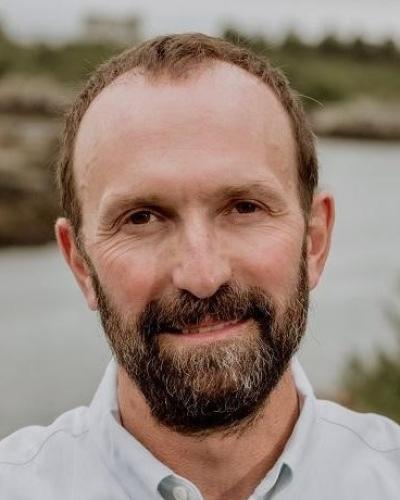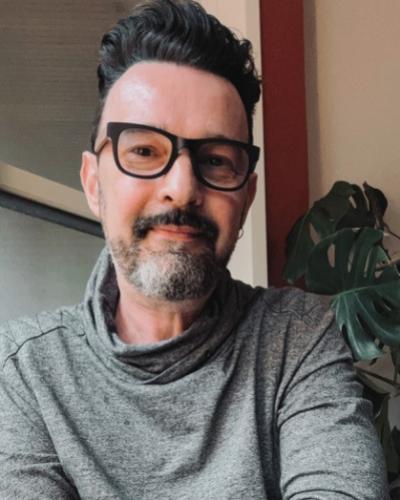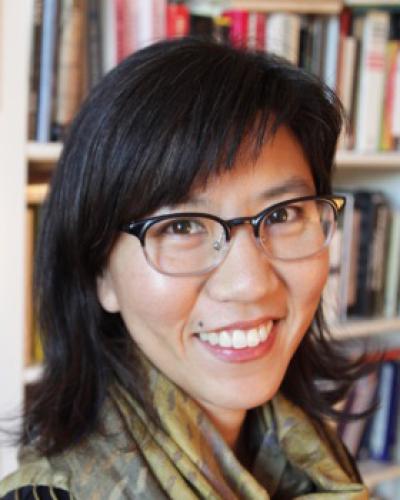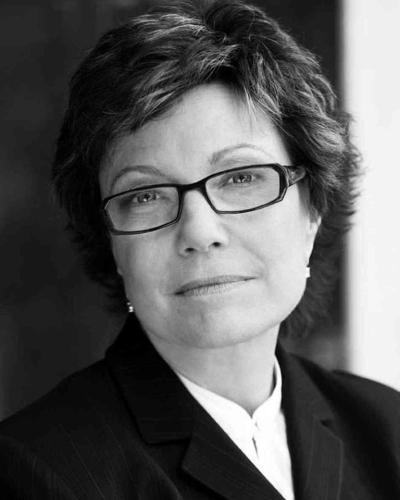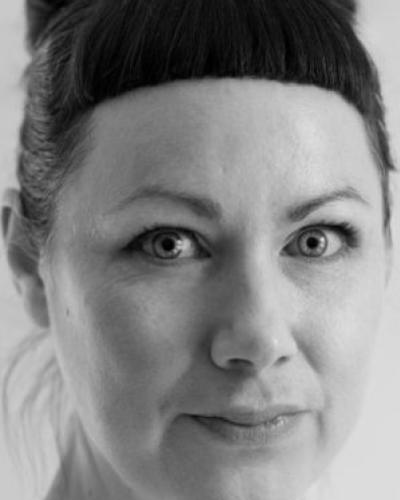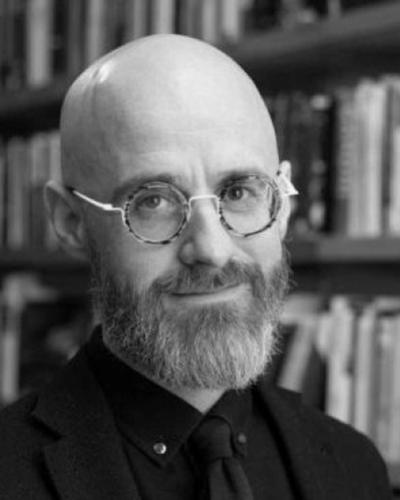Program Overview
In an intensive six-week course of study, faculty members, graduate students and independent scholars from around the world, in the humanities and social sciences, explore recent developments in critical theory.
Participants work with the SCT’s core faculty of distinguished scholars and theorists in one of three six-week seminars. Each faculty member offers, in addition, a public lecture and a colloquium (based on an original paper) which are attended by the entire group.
The program also includes optional shorter workshops taught by international correspondent Deborah Amos and interdisciplinary artist Carla Liesching. The program begins with a lecture by leading political theorist, Alexander Livingston, along with a 50th anniversary conference organized by distinguished scholars and leader of SCT, and ends with a two-day, participant-led conference. In addition, Cornell offers participants the resources of one of the great research libraries in the United States.
The 2026 summer session at the School of Criticism and Theory will be held in-person in Ithaca, June 8 - July 16, 2026.
2026 Faculty
Six-Week Seminars:
| Jason FrankJohn L Senior Professor of Government, Cornell University "Democratic Theories of Counterrevolution" |
William MazzarellaNeukom Family Professor of Anthropology, University of Chicago "Charisma: Eros/Thanatos"
| |
|
| Chi-ming YangProfessor of English, University of Pennsylvania "Orientalism/Capitalism" |
Optional Workshops:
Deborah AmosFerris Professor of Journalism in Residence, Princeton University "Human Rights Reporting" | |
Carla LieschingLecture in Lens-Based Media, Department of Art, Cornell University "Unmaking the Archive"
|
Opening Lecture:
Alexander LivingstonAssociate Professor of Government, Cornell University "Prophetic Witness and the Democratic Imagination" | |
Course Descriptions
Six-Week Seminars:
Professor Jason Frank, Cornell University
"Democratic Theories of Counterrevolution"
Many of the leading activists and intellectuals of the American far Right have in recent years abandoned the language of conservatism for the language of counterrevolution. While some scholars have rejected the validity of the distinction between these terms, the contemporary American Right’s deployment of the contrast to identify the radical aims of their political movement poses questions—both historical and theoretical—concerning the relationship between counterrevolution and democracy. Conservatism has always existed in open tension if not direct opposition to democracy; counterrevolutionaries have often reconceptualized democracy to make it work on their behalf: they have provided different democratic theories of counterrevolution.
This course will explore how counterrevolutionary thinkers and activists beginning in the 1790s conceptualized democracy anew in the wake of the French Revolution, in effect becoming early theorists of modern democracy. For these thinkers, the democracy that emerged at the end of the eighteenth-century was not simply the modern reappearance of the ancient political form with its attendant political pathologies: the irrationality and cruelty of the unchecked demos; the tendency of democracy to degenerate into mobocracy; the seductive dangers of the democratic demagogue; the inevitability of democracy terminating in tyranny. Instead, the first generation of counterrevolutionary democratic theorists saw a monstrous new political power taking shape in what Pierre Rosanvallon has called “the radical project of a self-instituted society.”
This course will trace counterrevolutionary theories of democracy from the 1790’s to the present day, emphasizing how during the nineteenth century, as democracy became an unstoppable legitimating norm, popular sovereignty went from being conceptualized as counterrevolution’s primary antagonist to its most potent resource of legitimation. We will begin by focusing on the analytic lens of counterrevolution as developed in the work of such theorists as Marx and DuBois, and the historians Arno Mayer and Gerald Horne. We will then focus on four periods of conceptual change marking this transition to the understanding of democracy as a resource of counterrevolutionary legitimation: 1) the 1790’s and the association of democracy with the radical project of a self-instituted society (Burke, de Maistre); 2) mid-century democratic Caesarism / Bonapartism and the rediscovery of the politics of popular acclamation and dictatorship; 3) late nineteenth century social scientific investigations of the psychic life of mass democracy through the categories of suggestion and identification (Le Bon, Freud); and 4) the interwar theoretical refinement and integration of these core concepts—constituent self-institution, plebiscitary acclamation, and identification—in the existential identarianism of Carl Schmitt, whose democratic theory provides the conceptual architecture for contemporary theories of “illiberal democracy” (Hazony, Vermeule, etc.)
Professor William Mazzarella, University of Chicago
“Charisma: Eros/Thanatos”
Everyone knows what charisma feels like – but who can explain it? And what are we to make of its constitutive moral ambiguity? Charisma appears as sacred grace, as inspiration, and as erotic love – but also as the hypnotic evil that leads millions to murder. Charisma sits awkwardly amid the rationalities of secular social theory. And yet it’s a commonplace to suppose that some kind of enthusiasm or effervescence, some kind of surplus fascination is a necessary condition of social life. This seminar interleaves psychoanalysis, sociology, theology, and political theory to help us make sense of charisma as a pharmakon of social life: at once life and death, eros and thanatos.
Professor Chi-ming Yang, University of Pennsylvania
“Orientalism / Capitalism"
This seminar puts into conversation two analytics of empire that are not often brought together, Orientalism and Capitalism. How can key contributions of Edward Said and Karl Marx be extended to address current ecologies of dispossession, migration, survivance? While historically neither Orientalism scholarship nor Marxian thought has centered the natural world, a third term—the Environment—will help us to study the imbrications, limitations, tensions, and continuing relevance of these methods, particularly in an unprecedented moment of genocide and corporate land theft. Said was a theorist of colonial occupations, of exile and human geography. In Orientalism, he laid bare an ideological apparatus of Western knowledge formation, which provoked a sustained inquiry into the politics of cultural production, including the manner in which presumptions of East-West ontological difference undergird government policies and the rule of experts in, over, and beyond academic institutions. Let us, as Naomi Klein proposed in 2016, “[read] Said in a warming world,”[i] and consider legacies of both orientalism and capitalism within the framework of green colonialism and the racialized production of space.
Our seminar readings will span environmental studies, comparative race and colonialism, and political economy, with emphasis on recent work in legal and environmental orientalism and eco-Marxism (Diana K. Kavis, Rabea Eghbariah, John Bellamy Foster, Andreas Malm). We will contextualize Marx’s writings on primitive accumulation, metabolic rift, Atlantic slavery, Oriental despotism, and the Asiatic Mode of Production (AMP). Selected case studies demonstrate how imagined geographies are realized in the shaping and (re)possession of land, infrastructure, and real estate, including the plantationocene (Anna Tsing, Tania Li, Patrick Wolfe, Kareem Rabie).
Attending to histories of racial capitalism also brings to light Black-Asian-Native solidarities (Cedric Robinson, Iyko Day, Lisa Lowe, Audra Simpson, Tao Leigh Goffe); while abolitionist critiques of structural racism (Angela Davis, Robin D.G. Kelley) and new directions in Animal Studies (Sharon Holland, Zakkiyah Iman Jackson) will guide our discussion of entangled East-West histories and ecological kinships formed in opposition to anthropocentrism. Here, Indigenous, feminist approaches are critical to “rethinking the ontological exceptionality of the human,” to borrow from ethnographer Deborah Bird Rose.
[1] Naomi Klein, “Let Them Drown: The Violence of Othering in a Warming World,” London Review of Books (Vol. 38 No. 11, 2 June 2016) https://www.lrb.co.uk/the-paper/v38/n11/naomi-klein/let-them-drown
Workshops: Details Pending
2026 Brochure
Apply
The online application portal will close on the deadline of February 2, 2026.

